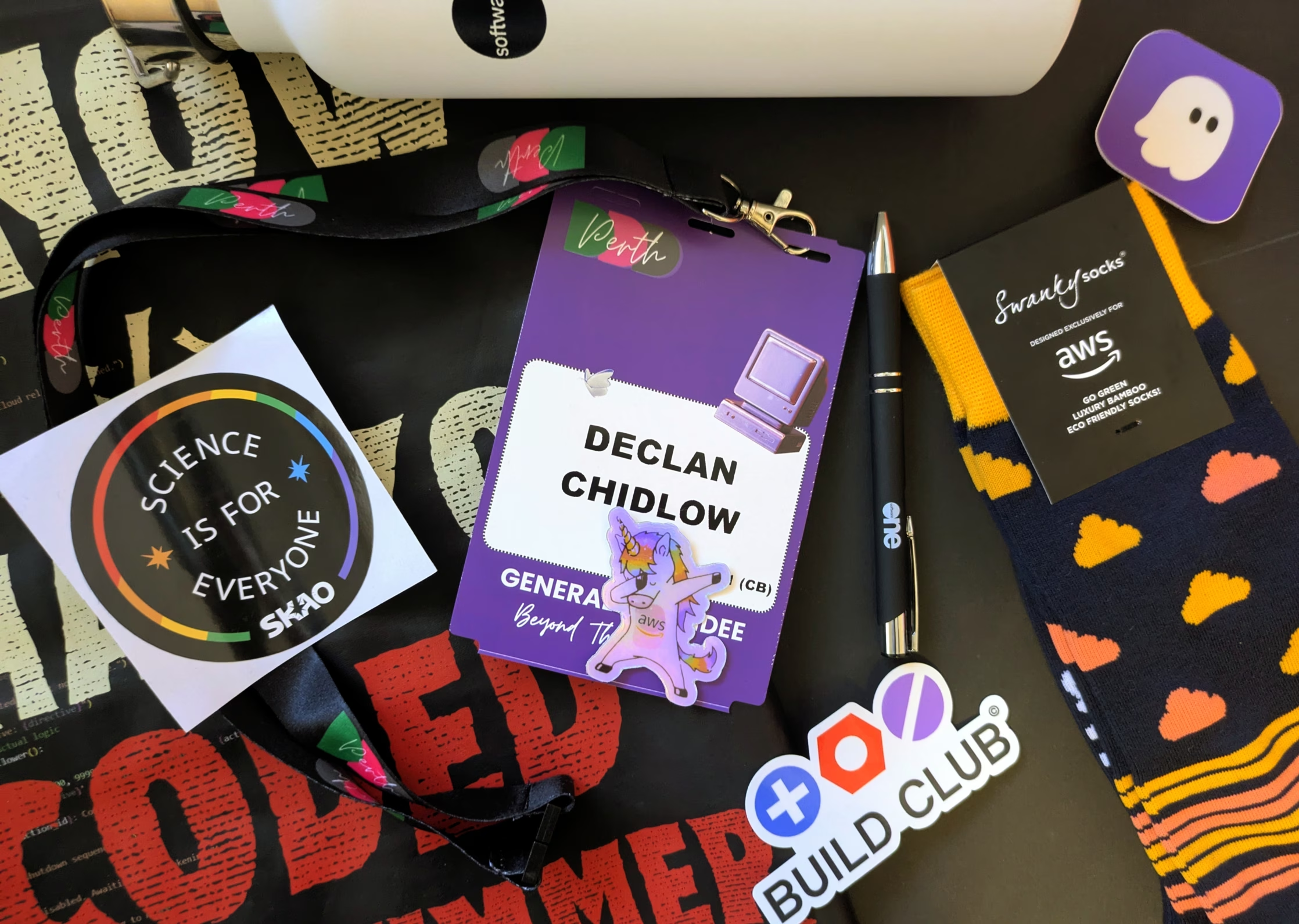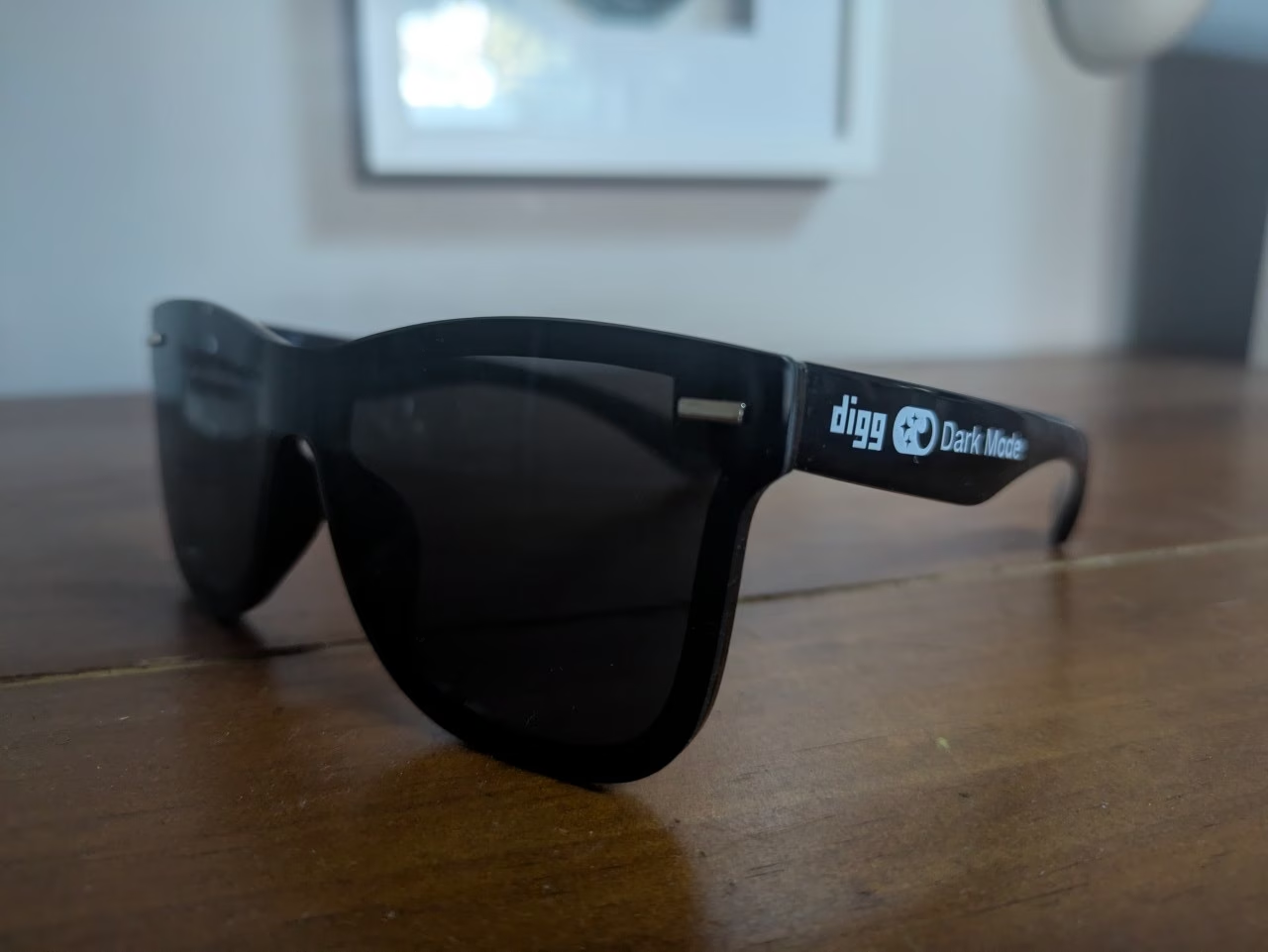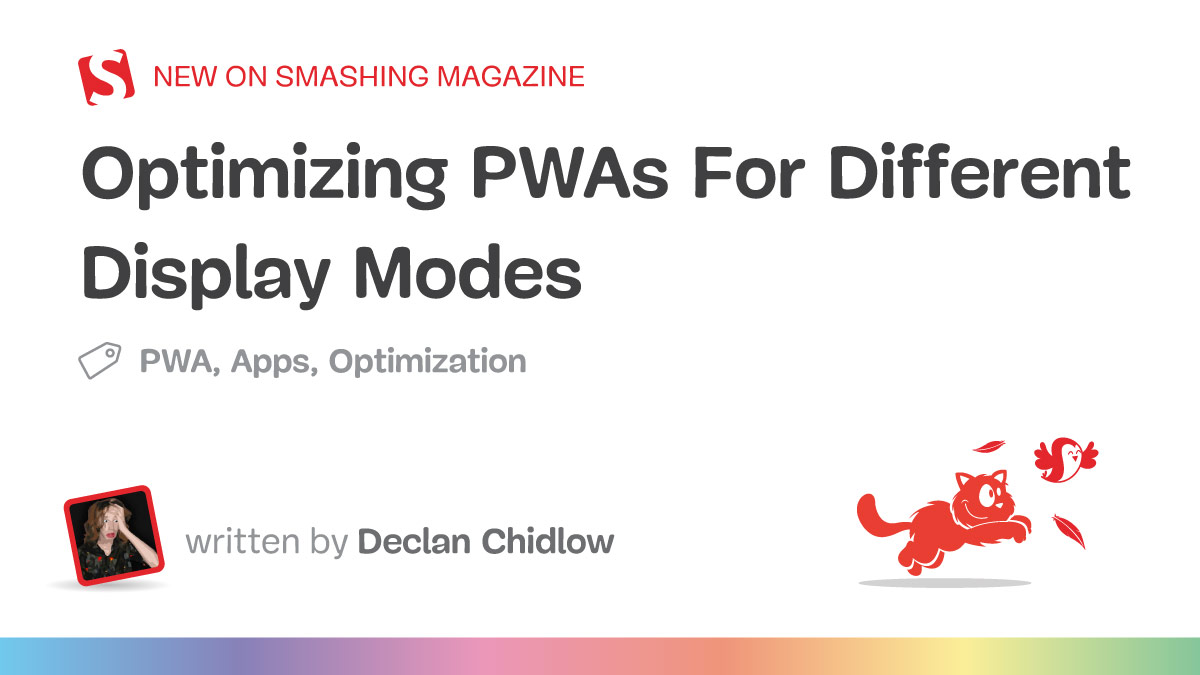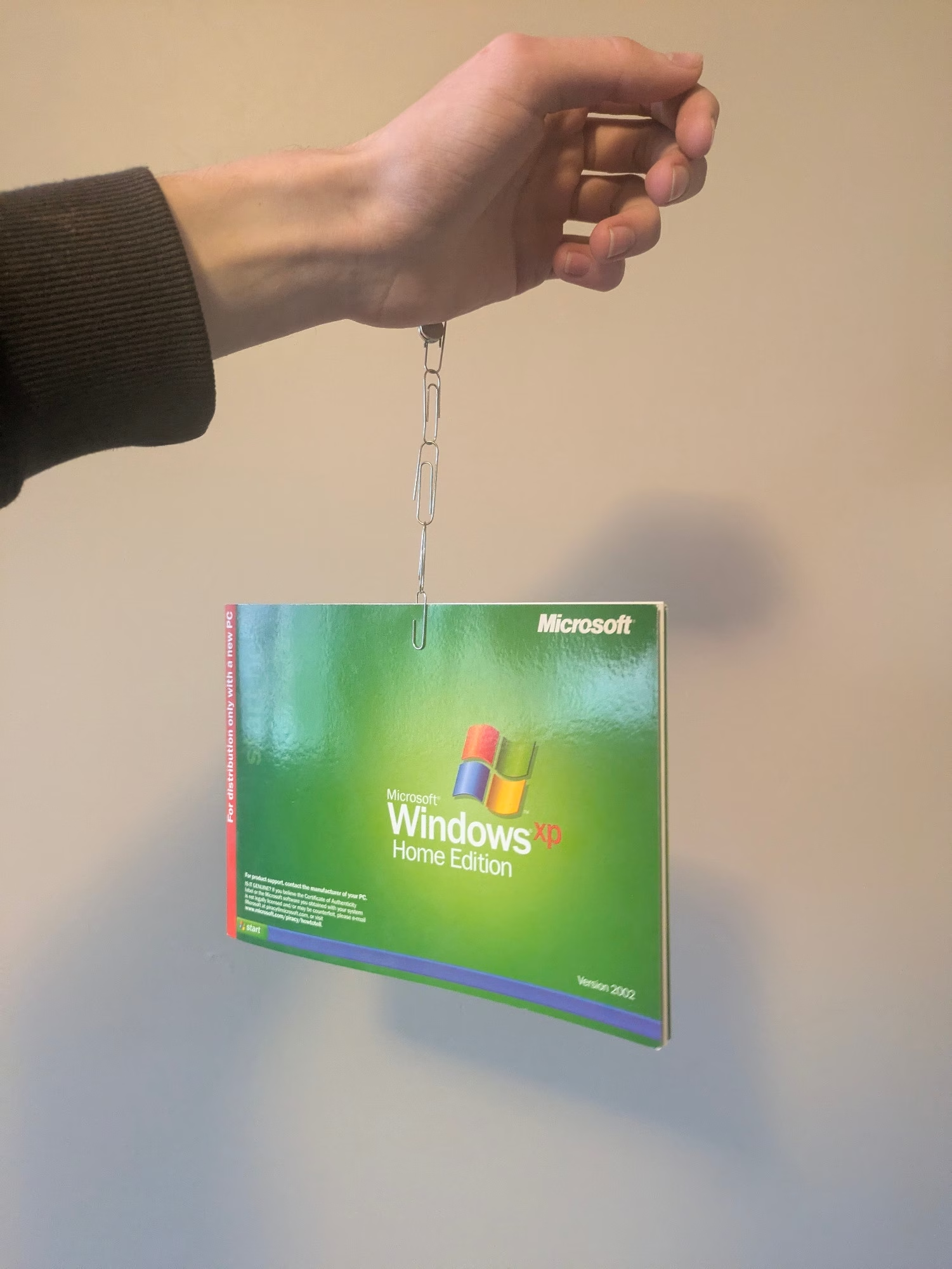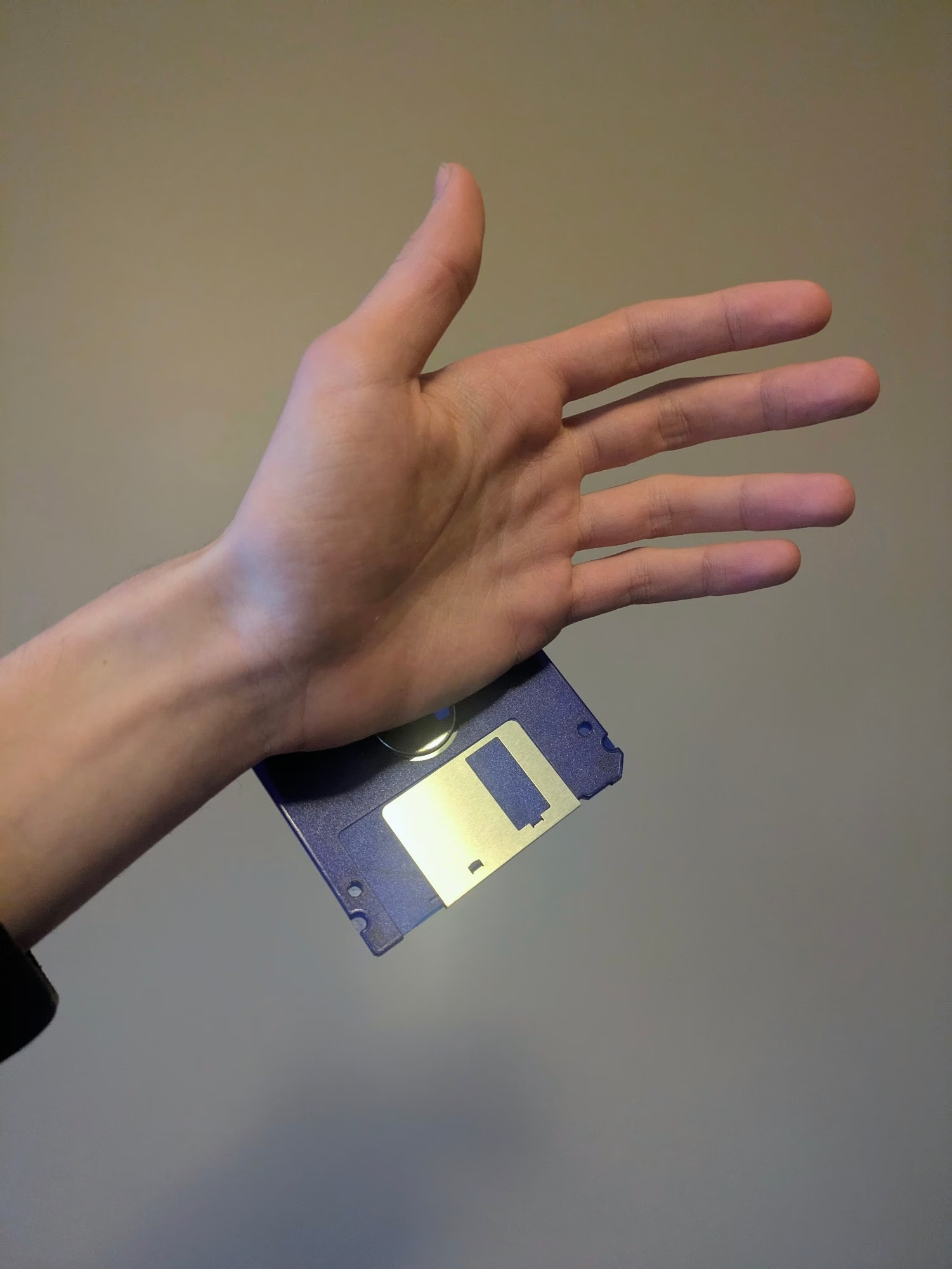I really dislike conducting hiring interviews.
I’ve had to vet applications and proceed through the interview process with applicants several times, and I always despise it. Not because of the people (they’re usually lovely) or any specific issue with the processes, but merely because of the overarching interview system.
I just feel like a bit of a douche when doing hiring interviews – like I’m dangling power in front of someone in some ego play.
When holding a leadership position, I’m usually careful to avoid whatever power I hold having this impact, but it seems unavoidable in interviews.
We both speak in tip-toeing generalistics steeped in corporate sludge, never quite getting to our point or conveying it concisely. If I try to cut through the jargon and corporate speak, then it seems insincere and like a façade hidden behind ulterior motives and a sneer, even if intended genuinely. The same applies to any casual remark or small talk, even if well-intentioned.
Interviews are a necessary part of the applicant vetting process, but years of layered advice and abstracted intentions have warped them into little more than a performative tango that neither partner wishes to dance.

